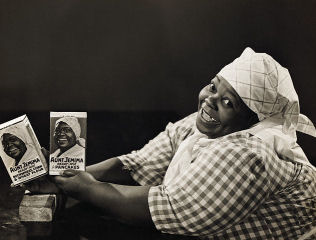Diversity in entertainment is important. Other than one's everyday life, it probably has the most impact on what one's view of self in society. As DILETTANTE mentioned, being reflected in mainstream entertainment isn't trivial.
The film industry is just one of the forms of entertainment to make strides to include minorities in the media. Many traditionally white characters have recently been replaced by black actors. For example, Lawrence Fishburne's character Whitey Powers in Mystic River was white not black, Smallvilles' Pete Ross is white not black like the actor Sam Jones III, Kerry Washington is playing Alicia Masters in the Fantastic Four movies who was created as a blind, white girl........so they are making an effort to represent minorities. Although, most roles for minorities continue to be background gang member or Triad/Yakuza, African mob, Korean or Middle Eastern store owner and so on. For years, entertainment just perpetuated stereotypes instead of reflecting the real world.
As adults, it's easy to suggest that it's not important and it doesn't matter but it does. The success of a handful of actors like Denzel Washington or Halle Berry are exceptions. Name 5 Latino and Asian actors on the same level as Tom Cruise, Brad Pitt, Meryl Streep, Julia Roberts, Nicole Kidman, Tom Hanks, Robert DeNiro, Renee Zellwegger, Jodie Foster,Ben Stiller, Jim Carrey, Will Ferrell, all actors who carry a film on their back...I could go on all day. As blueeyed poet mentioned, the domination of white women in our culture as the ideal beauty for so long impacts the self-esteem of little girls. It's not just beauty, it is a person's view of many attributes whether it be monetary success, being a leader and saving the day, being intelligent, being successful in school, or being well educated.
If someone from another country watched Friends or Seinfeld, they would have thought almost everyone in New York was white. Of course, the reverse is true for some shows with predominantly black casts too. But that has only happened recently as a result to provide programming that minorities can relate to.
Television shows like Grey's Anatomy, Lost, ER and Heroes are great examples of diversity in entertainment. Cabbage patch dolls back in the 80's were breaking new ground with their non-white dolls. The trends are heading in the right direction but don't discount the effects of the lack of minorities in entertainment. The more diversity shown in all forms of media is a positive thing.






